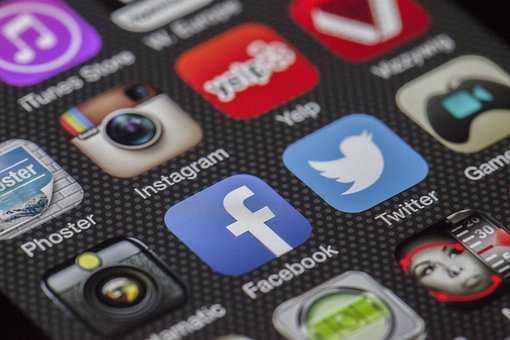Lessons from Social Media
- At the beginning of the decade, we idealistically thought to connect the world would bring people together and help them become more tolerant of their differences. Sadly, the rise of intolerance towards opposing views has spread all across the world.
- We started the decade with irrational optimism about new technology, and are closing the decade with irrational pessimism.
- The constant judgment from social media may create stress but is more self-corrective than previous forms of media.
- Social media is not very forgiving. If anyone does anything remotely wrong, half the planet already knows about it.
- To make full use of social media, we have to learn to manage our relationship with it.
114
390 reads
CURATED FROM
IDEAS CURATED BY
The idea is part of this collection:
Learn more about personaldevelopment with this collection
Identifying the skills needed for the future
Developing a growth mindset
Creating a culture of continuous learning
Related collections
Similar ideas to Lessons from Social Media
The Science of Social Media
Studying social media and its effects on people is extremely difficult to achieve because social media companies don't really share data with researchers. However, what we can tell you is that the science behind social media is broken and we should be open to the possibil...
The use of social media
Social media can be a great tool for connecting with people, but it is not suitable to obtain information. It is not a replacement for books or articles.
Most people are unaware that they are being used on social media. They may think they're in control, but they're influenced all the time...
Five Professional Lessons From Beyoncé
- Involve yourself in decisions big and small: Beyoncé started her own company, Parkwood Entertainment, to have complete control over her brand and to show women they could take matters into their own hands.
- Surround yourself with good people: Beyoncé surrounds herself wi...
Read & Learn
20x Faster
without
deepstash
with
deepstash
with
deepstash
Personalized microlearning
—
100+ Learning Journeys
—
Access to 200,000+ ideas
—
Access to the mobile app
—
Unlimited idea saving
—
—
Unlimited history
—
—
Unlimited listening to ideas
—
—
Downloading & offline access
—
—
Supercharge your mind with one idea per day
Enter your email and spend 1 minute every day to learn something new.
I agree to receive email updates
